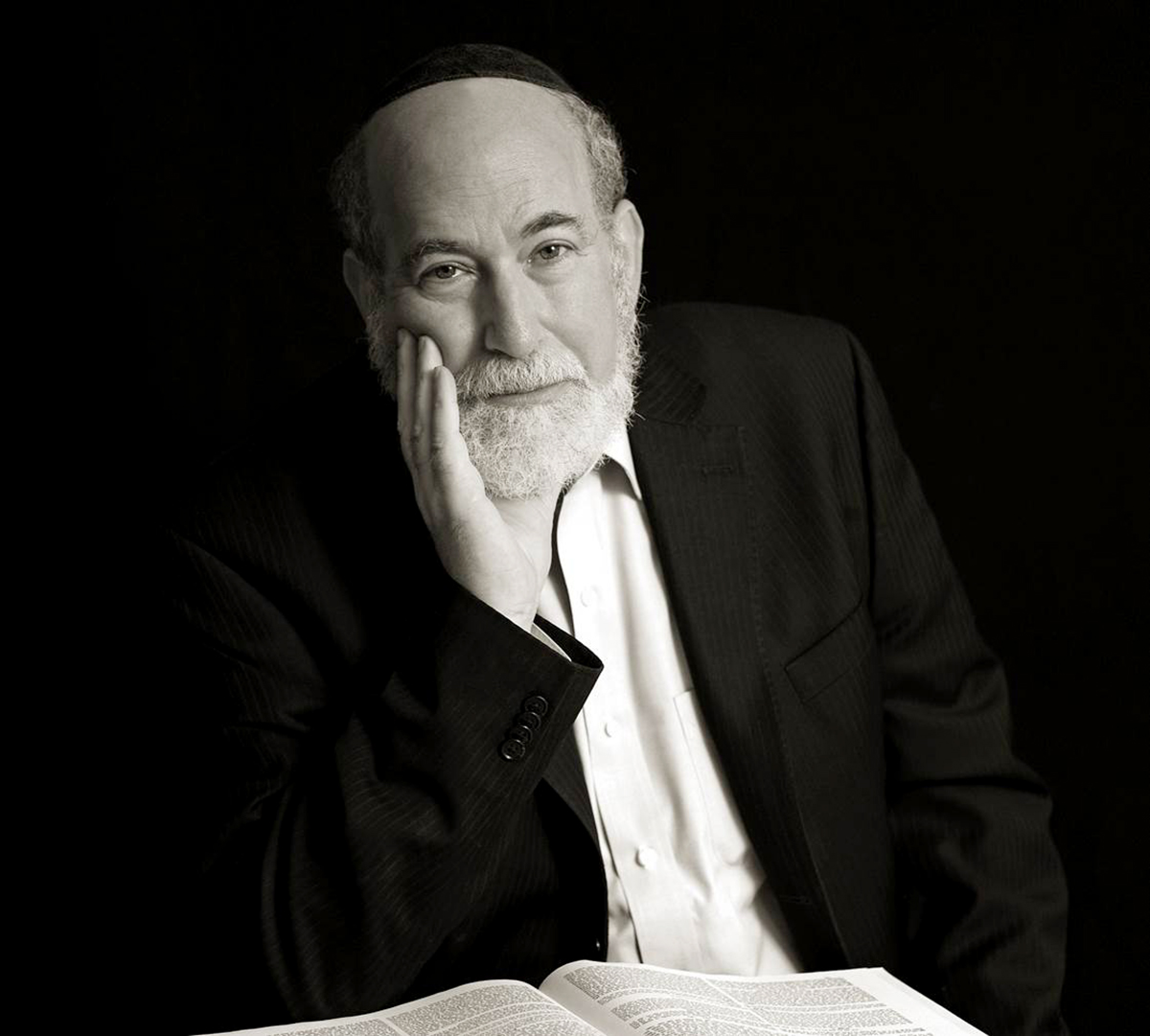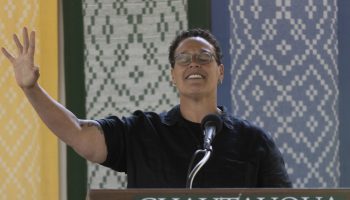When people are nervous, they crack a joke.
According to Rabbi Joseph Telushkin, millennia of worry and anxiety among the Jewish people have made them some of the best comedians. Telushkin will discuss this at his lecture, “The Fifty Best Jewish Jokes and What They Say about the Human Condition,” at 2 p.m. Thursday in the Hall of Philosophy. As part of Week Six, “The Spirituality of Humor,” Telushkin will connect humor in Judaism to society at large.
“Laughter can take people out of a situation,” Telushkin said. “Laughter can also remind us that we’re not being singled out, that other people have encountered the same sorts of problems that are affecting us.”
While writing his book, Jewish Humor: What the Best Jewish Jokes Say about the Jews, Telushkin found many jokes that were based in the anxiety of the Jewish people.

He said this worry developed from anti-Semitism and a history of persecution all over the world. Since it is largely out of their control, they make jokes about it.
This has led to a disproportionately high number of Jewish comedians in the United States, where Jews make up about 2 percent of the population, Telushkin said. These comedians, including Woody Allen and Lenny Bruce, have had a major influence on comedy in the United States.
Telushkin said he came to realize, though, that jokes told by Jews frequently apply to the human experience in general.
One of the examples he used was a joke about an Israeli leader visiting the United States. When he got off the plane, journalists asked him if he could describe the conditions in Israel in one word, and he said “good.” When they asked him to describe it in two words, he said “not good.”
“In a large measure, that’s what the speech is about because that’s what’s going on in all of us at all times — the good and the not good,” Telushkin said.
Telushkin usually writes books on Jewish history and ethics, which is where he gains his understanding of Jewish anxiety. His book Jewish Literacy: The Most Important Things to Know about the Jewish Religion, Its People, and Its History is one of the most widely selling book on Judaism of the past two decades.
Jewish Humor, though, he wrote for “pure pleasure,” Telushkin said. It gave him the opportunity to show people that there is joy in religion, which is usually associated with only the somber and serious.
Telushkin said he’s gotten some of his best responses to this book. One was from a friend whose cousin was dying, and the friend said that their conversations were getting increasingly gloomy and morose. The friend instituted a new rule where they had to tell each other one joke during every conversation, and the friend said he found many of them from Telushkin’s book.
Telushkin hopes Chautauquans take something similar from his lecture:
“Hope — and the ability to laugh even when life disappoints us,” he said.




